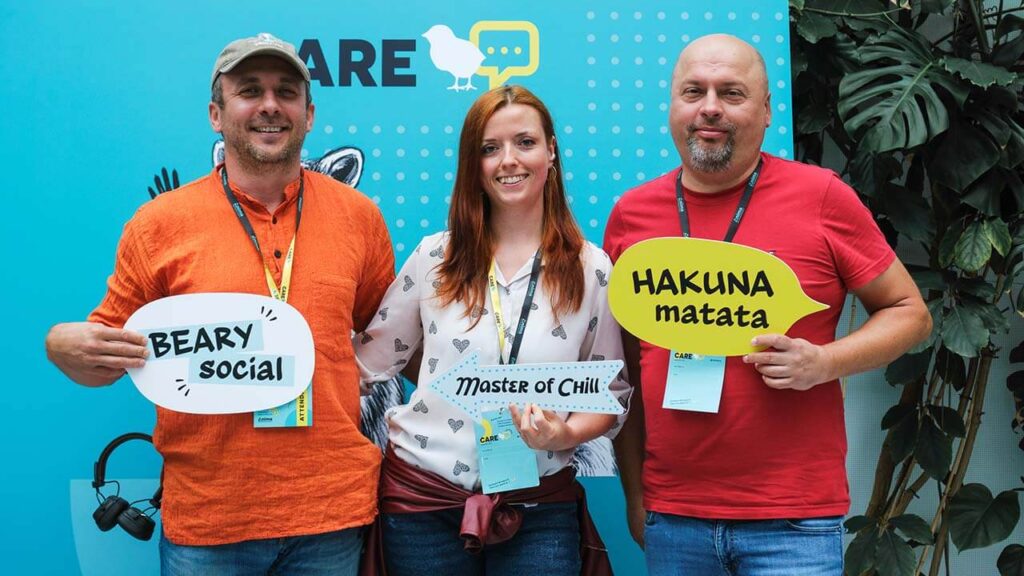
We visited Warsaw for the CARE Conference
This fall, Warsaw became the venue for a special meeting: more than 500 participants from all over the world, but mainly from Europe, arrived at the CARE conference to discuss the most pressing issues of animal welfare and a plant-based future. As representatives of NÉGYOSZ, we not only learned a lot and were inspired by the diverse group of participants, but also gained countless new contacts and ideas.
CARE is not a traditional conference. It is more of a vibrant, multilingual forum where animal welfare advocates, researchers, activists, and corporate professionals come together. The atmosphere is both dynamic and supportive: everyone is working towards the same goal, even if they approach it in different ways.
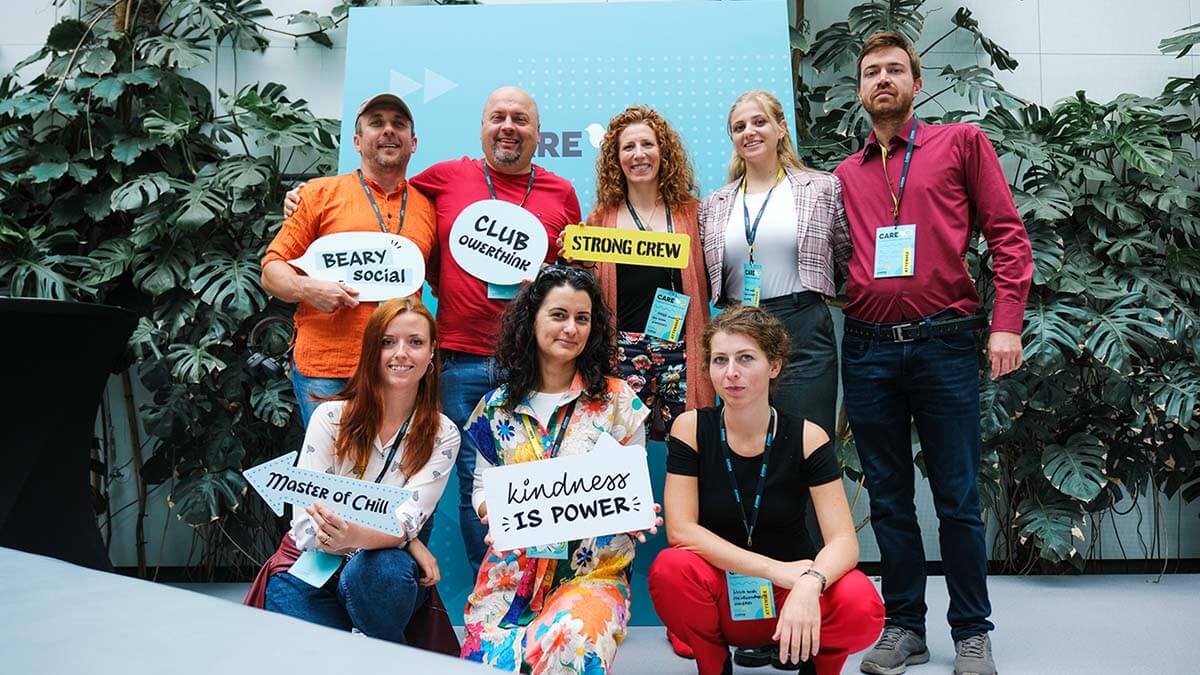
AI and animal welfare – friend or foe?
One of the most topical issues discussed at the conference was the use of artificial intelligence. It is shocking to see how the animal industry is incorporating AI into its processes to increase production efficiency. At the same time, it is inspiring to hear how these same tools can become powerful weapons in the hands of animal welfare movements, for example in the areas of data collection, campaign planning, and public opinion polling.
Animal welfare successes and new metrics
One of CARE’s main messages was that the movement can rely not only on emotions, but also on measurable data. More and more research shows how the suffering of farm animals can be quantified. This may sound cold at first, but it is actually a huge opportunity: scientific measurability creates a new level of transparency and strengthens the arguments of animal rights activists towards the public and politicians.
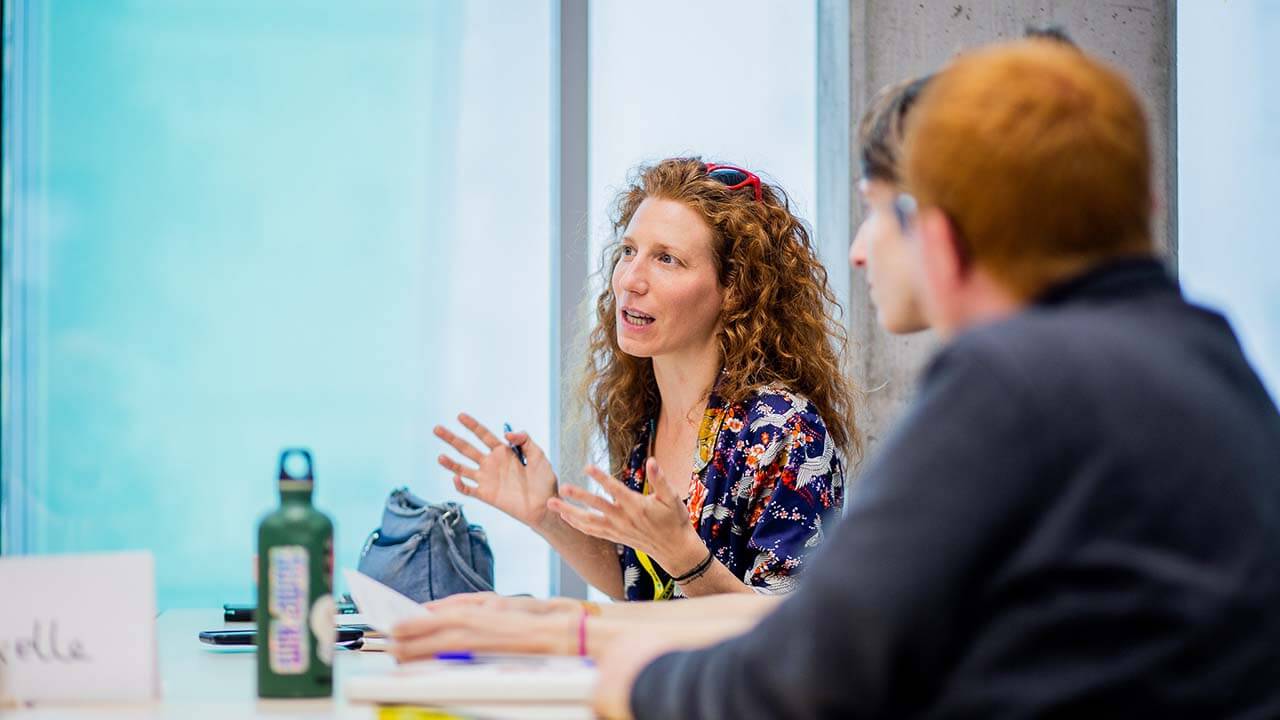
“Individual veganism is not enough” – Leenaert and Otrebski’s message
One of the most inspiring programs was the discussion between Tobias Leenaert and Maciej Otrebski. They stated openly that the movement must go beyond promoting a purely individual vegan lifestyle and instead focus on broader social change, involving decision-makers, economic actors, and communities.
- Strategy and public opinion: more than 70% of society supports banning cage farming, so it is worth building communication around gradual change and broader social impact.
- The importance of allies: there is also a need for advocates who are not vegan themselves but support a plant-based future.
- Message and framing: the message of abundance and discovery – “so many new flavors, so many new possibilities” – is much more appealing than emphasizing prohibitions and restrictions.
- Cooperation within the industry: Instead of internal disputes, industry alliances are needed to jointly assert interests.
- Corporate strategies: A total boycott is often a dead end; it is much more effective to cooperate with companies that are only partially vegan but open to change.
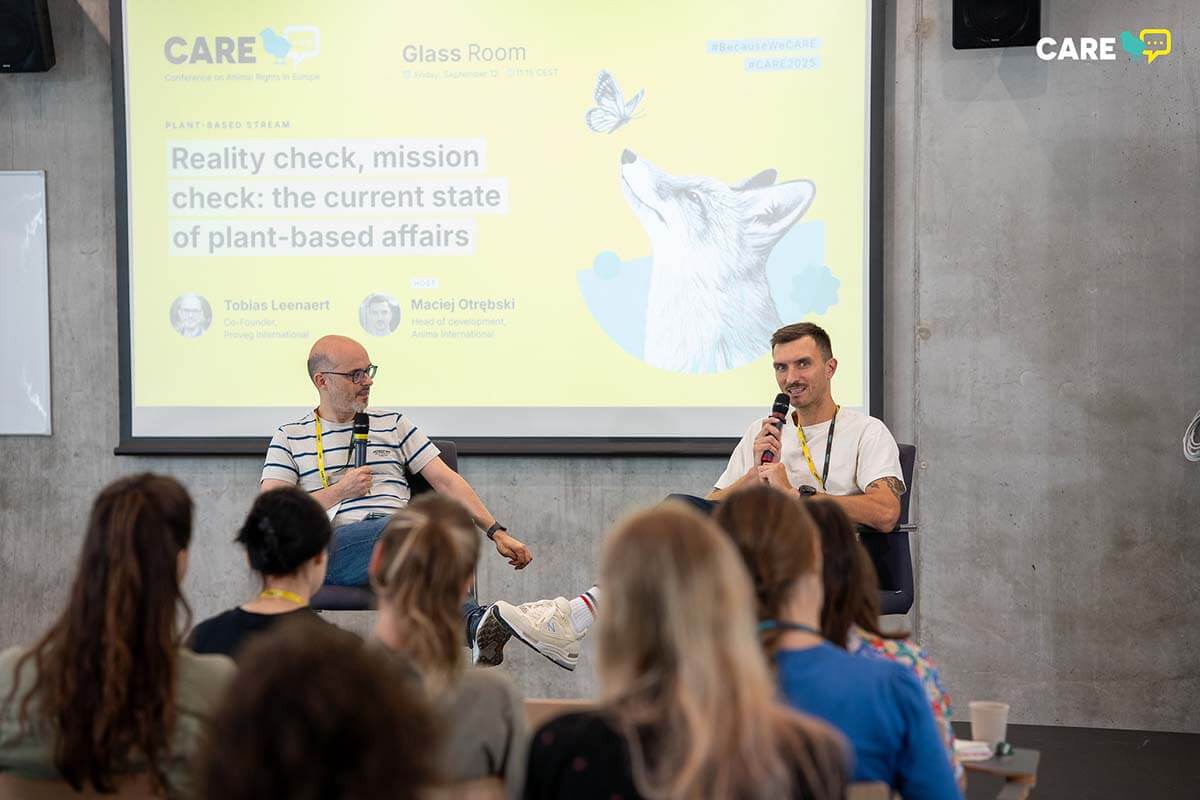
Politics and advocacy: strategic steps towards decision-makers
We found the workshops that provided insight into the world of politics and advocacy particularly exciting. The presentations made it clear that the key to success is strategic, persistent, and professional work, and that the movement must be able to present not only moral arguments, but also economic and scientific foundations.
The participants expressed a common view: when headwinds grow stronger, cooperation and strategic alliances become even more important.
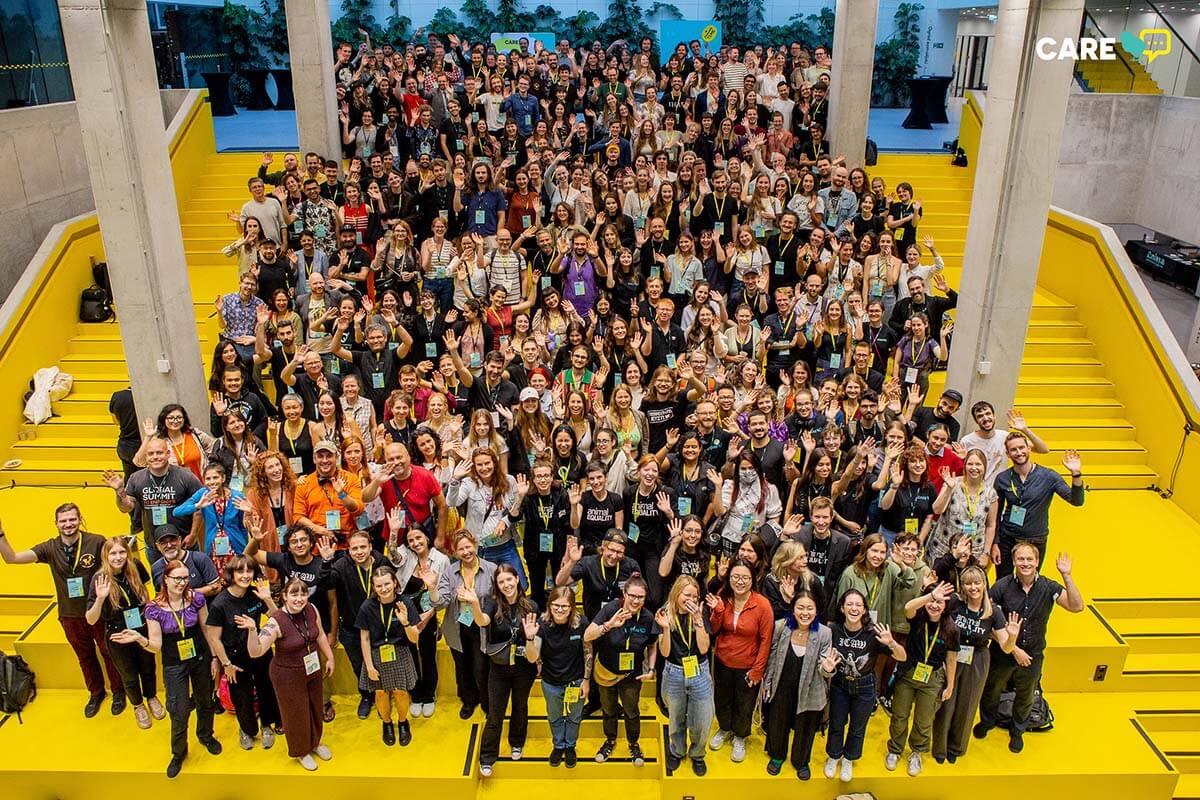
What did NÉGYOSZ bring back from Warsaw?
The CARE conference gave us, the members of NÉGYOSZ, not only new knowledge but also a lot of inspiration. It reinforced our belief that good intentions are not enough to bring about social change: strategy, measurability, alliances, and positive messages are also needed. Returning from Warsaw, one thing is clear: our common goal is to create a more ethical and sustainable food system. To achieve this, we now have even more tools and an even stronger international network at our disposal.
We will continue our work, and we thank you for your support!